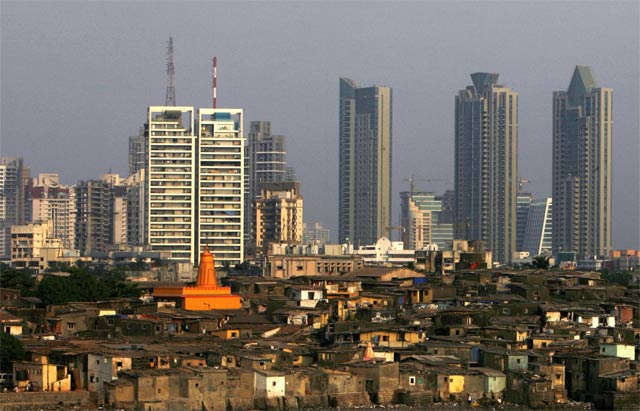
Though the Billion Tree Tsunami and the Clean and Green Pakistan Programme and Index are a few positive initiatives of the Pakistan Tehreek-e-Insaf (PTI) government, the Ravi Riverfront Urban Development Project threatens to damage the environment and biodiversity of the provincial capital, an expert has warned.
The concern was expressed during the launching ceremony of the Living Planet Report 2020, released by the World Wide Fund for Nature (WWF) Pakistan on Thursday. The report also highlighted that global populations of mammals, birds, amphibians, reptiles and fish have suffered an average two-thirds decline in less than half a century due in large part to the very same environmental destruction that is contributing to the emergence of zoonotic diseases such as Covid-19.
Addressing an online report launch ceremony, WWF-Pakistan Director General Hammad Naqi Khan pointed out that record increasing temperature, change in monsoon pattern, unprecedented forest fires, depleting freshwater, urban flooding and outbreak of zoonotic diseases are a wake-up call or a warning for the governments, policymakers and public at large.
The previous Pakistan Muslim League-Nawaz (PML-N) government also tried to start the Ravi Riverfront Urban Development Project and now the PTI government has announced a plan to kick start the Dubai-style development model.
“We did not expect such a project from the PTI government since Prime Minister Imran Khan has always expressed his love for nature. Such a project would have a devastating impact on the environment of the provincial metropolis and various studies have already indicated that,” the WWF official said, adding that the land along Ravi river can be used for several other eco-friendly purposes, which can help in improving the situation.
He also cited various examples of deteriorating biodiversity, especially in urban areas of the country. “Change in land use, overexploitation of natural resources and massive urbanisation have already caused an exponential loss to the environment and there is a dire need of collective efforts to heal the environment before it is too late,” he underlined.
Pakistan can be richer with rapid urbanisation: report
He highlighted that the Living Planet Index (LPI), provided by the Zoological Society of London (ZSL), shows that factors believed to increase the planet’s vulnerability to pandemics – including land-use change and the use and trade of wildlife – were also some of the drivers behind the 68 per cent average decline in global vertebrate species populations between 1970 and 2016.
Khan said that the Living Planet Report 2020 underlines how humanity’s increasing destruction of nature is having catastrophic impacts not only on wildlife populations but also on human health and all aspects of our lives. He pointed out, “We can’t ignore the evidence – the serious decline in wildlife species populations is an indicator that nature is unravelling and that our planet is flashing red warning signs of systems failure. From the fish in our oceans and rivers to bees, which play a crucial role in our agricultural production, the decline of wildlife directly affects nutrition, food security and the livelihoods of billions of people,” he added.
He also shared a few conservation success stories in Pakistan’s context where inclusive and coordinated conservation efforts have helped enhance the population of several endangered wildlife species and their habitats. He cited the example of the population of the Indus River dolphin, an endemic and endangered species of river cetacean, which has almost doubled in the past two decades. Efforts made as part of a crew-based observer and safe release programme have helped substantially reduce fisheries by-catch of endangered marine wildlife, including whale sharks, dolphins, green sea turtles and squids.
He stated that Pakistan is among the top 10 countries most affected by climate change impacts and the Indus River is the second most plastic polluted river in the world. He warned that the population of freshwater turtles, vultures, crocodiles and migratory birds has witnessed a decline in Pakistan. “Illegal wildlife trade, plastic waste, water pollution and climate change should be tackled on an immediate basis,” he added.
Published in The Express Tribune, September 11th, 2020.









1724486955-0/Untitled-design-(12)1724486955-0-270x192.webp)








COMMENTS
Comments are moderated and generally will be posted if they are on-topic and not abusive.
For more information, please see our Comments FAQ